It was an unbelievable sight.
Early this week, the Adokie Amiesimaka Stadium, Port Harcourt, Nigeria, erupted in an orgy of celebration immediately after the second-leg match between Nigeria and Swaziland. Nigeria won 2-0.
The picture remains etched on my mind – at the head of a sea of spectators that rushed onto the pitch to hug and kiss their gallant heroes was a usually cool and taciturn Sunday Oliseh, jumping and pumping hands in an ecstasy of joyous celebration that spoke volumes about the present state of Nigerian football.
Until the first leg match in Lobamba, Swaziland, both countries had never met at any level of football, and the reason is simple – the southern African country has never really ‘existed’ as a football power. They have been so ‘small’ even in their southern African region of the continent in terms of football that to emerge from the sub-region and play against a team like the Super Eagles, one of the true giants of African football, is a very long shot indeed.
In a sense, therefore, I agree completely with Sunday Oliseh that there are no more minnows in African football.
Now, back to the match. The spontaneous ecstatic celebrations immediately after the match were more out of relief of surviving an ordinary but hardworking Swazi team determined to create a little bit of their own history by defeating the great Super Eagles on the hallowed ground of Port Harcourt than the nature of the victory itself.
A few years ago Nigerians would have taken such a match as the appetizer before breakfast, an opportunity for Nigerian strikers to amass goals and add to their statistics. Instead, it became a heart-wrenching match that left Nigerians on the edge of their seats until it was settled in the dying minutes of the match with second goal and a sending-off that reduced the Swazis to 10 men.
Haba, is it that bad for Nigerian football? How did the country arrive at this low point in its football? What is really happening to the game in the country? What must be done to stem the present tide of things?
When I think of what Sunday Oliseh has had to do in order to achieve even this little breath of success I am left in a lurch of incomprehension and apprehension.
The Super Eagles are obviously a long way from the once dreaded giants of African football that paraded the Chukwus, the Adokiyes, the Okochas, the Yekinis and the Kanus, that made mince meal of most African teams, that were feared and respected all over the world, and that produced 5 African players of the year in a decade!
Now the team struggles to win every match, even mediocre teams (like Swaziland) and the country ends up celebrating the victory as if it has just won the Africa Cup of Nations!
There is something fundamentally not going right with the game in the country.
I carefully watched the two legs of the World Cup qualifiers against Swaziland and I felt that Sunday Oliseh (even if I had known and said so before he took up the job) is the most qualified indigenous coach with the qualifications, knowledge and intellectual capacity to steer the new Super Eagles at this point in time, he has also come in at the most inauspicious time when domestic Nigerian football is contributing much to the essential production of exceptional new talent without which Oliseh would find it extremely hard to succeed and match the awesome image, reputation and the people’s expectations of the global brand, Super Eagles.
I must admit that even my initial conservative estimation of how bad things were is wrong. Things are a lot worse and administrators do not seem to know or appreciate the depth of the decline, nor the cause, nor even what can best be done. Just ‘how bad’ is best illustrated by the final list of nominees for African player of the year 2015 award by CAF that has no Nigerian player’s name, and the recall of ‘old’ Obafemi Martins to the ‘new’ Super Eagles squad!
To recall Obafemi Martins, way past his prime, but playing well and scoring goals in the American MLS where he is playing out the remaining years of his career shows a desperate resort by Oliseh to temporarily dump his building-a-new-team mantra and go back to the old and trusted player in order to survive the threat posed by a group of football journeymen from a tiny African country that Warri Wolves FC would have taken to the cleaners if things were working well. Of course things are far from normal as far as Nigerian football, technically, is concerned.
I can now hardly recognize the Super Eagles anymore. They played like a team from the archives of Nigerian football, kicking long high balls from defense to attack in the long abandoned English style of play. Nigerian football changed with the exposure to Brazilian football from 1979 that introduced expressive midfield artists and extremely fast wingers that defined the start of a new generation and a new genre of football.
Systematically, all of that is fading away like the sun at evening. The Eagles are struggling to string passes, keep possession, entertain the watching audience, score great goals and win matches even before kick-off.
The two matches against Swaziland were a clear demonstration that things are worse with Nigerian football at the highest and national levels than we may be presently thinking.
The country needs to revamp and re-design its general national football development strategy by critically looking at all facets of the domestic game, schools programmes, role of games masters, teaching football at the grassroots, coaching at a higher level, the domestic leagues, authenticity in its age-group competitions, return to playing matches on excellent grass fields in most stadia in the country, shelving the win-at-all-costs mentality, stop cheating in age group competitions particularly at Under-17 level in both male and female football, control the migration of players overseas, and so on and so forth.
Oliseh has his job well cut out for him. He is doing the only thing he can do for now – searching for Nigerian players in middle class clubs all over the world and hoping they will be good enough for his dream team.
That’s all he can do really for now. The bigger responsibility lies with all those in charge of the domestic game – the NFF, the NPL, the other Leagues, the NSSF and other grassroots programme organisers.
There is the need for a proper organised ‘conversation’ amongst truly technically astute football persons so that a proper workable blueprint of actions that can be articulated, which can put Nigerian football back on track of real development at the highest level of the game.
Only then will the celebration such as we saw this past week in Port Harcourt be meaningful!
I join millions of Nigerian in congratulating the Super Eagles for their victory and for going to the next round in the World Cup qualifiers where the real and greater challenges lie menacingly.
I also congratulate the victorious Under-17 national team even if for reasons that most Nigerians must now know, I choose not to celebrate them!
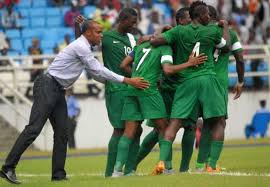

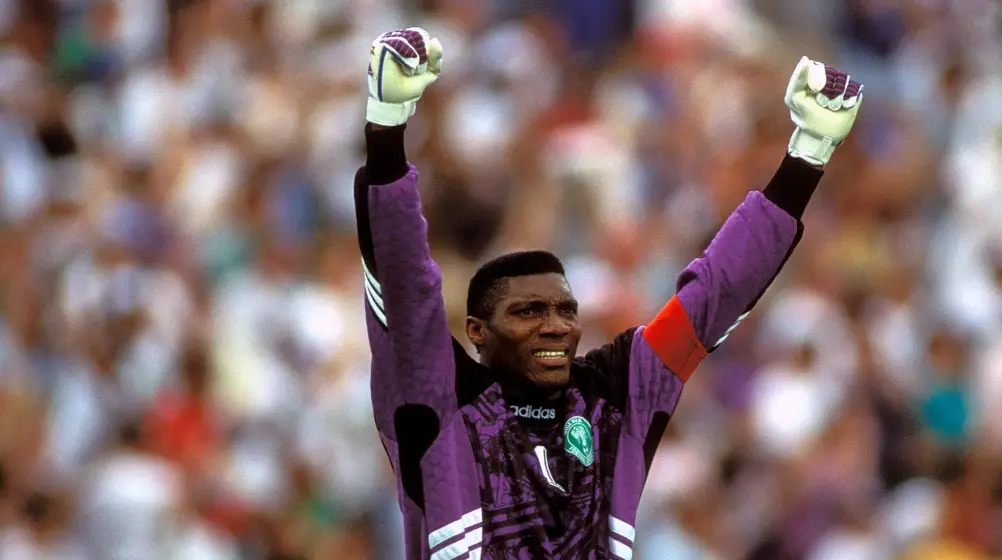
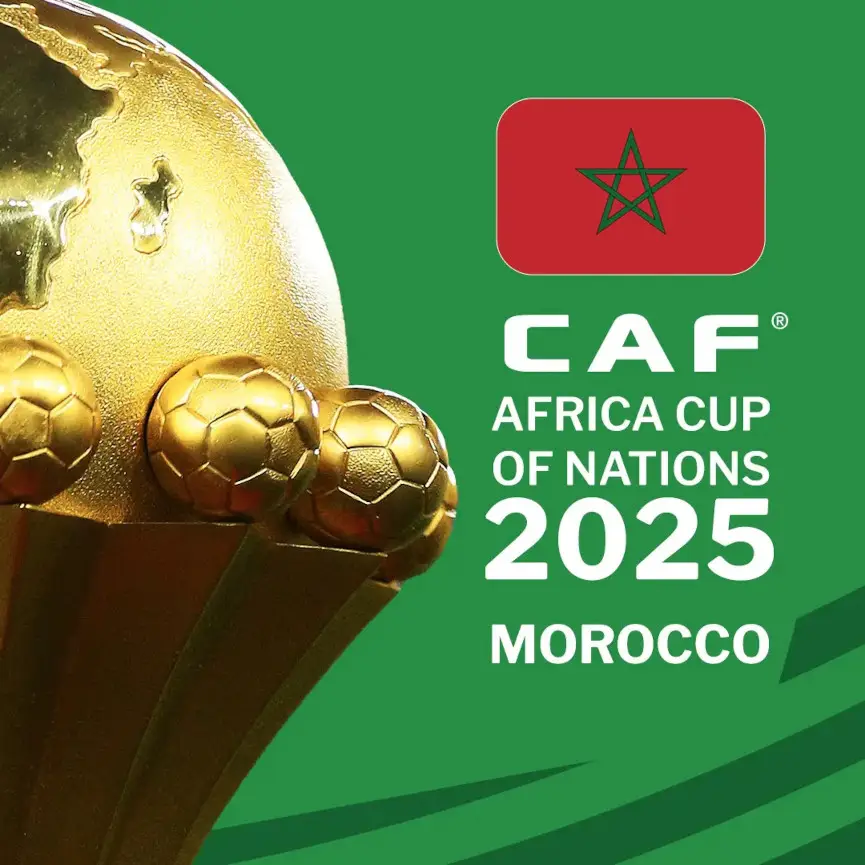
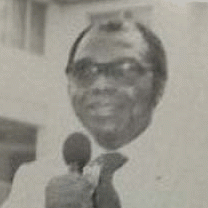
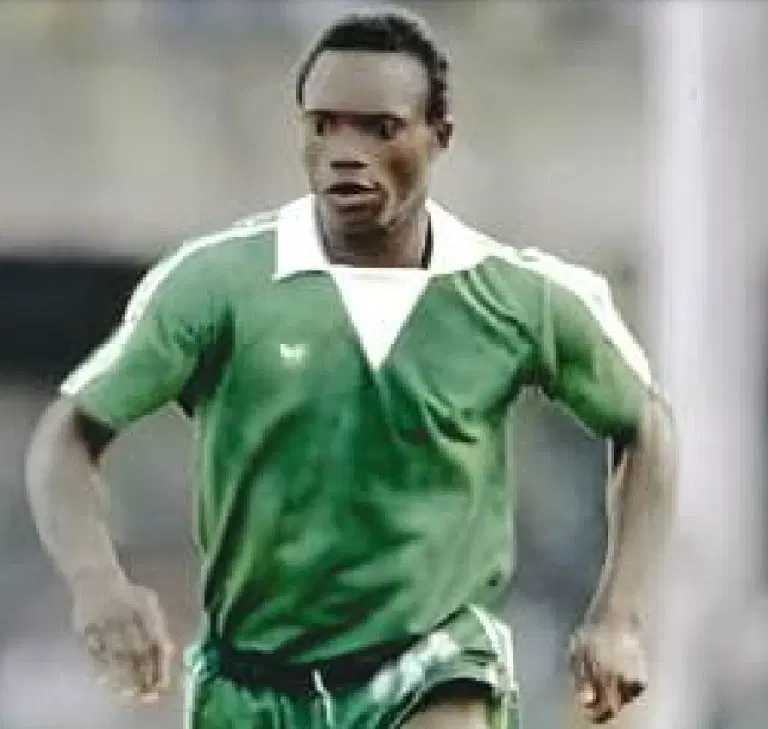



Latest Comments